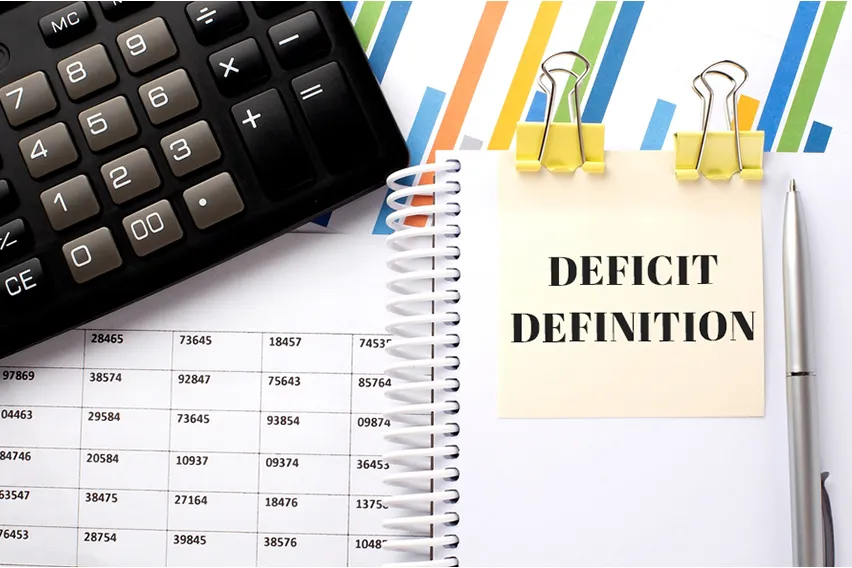National Living Wage Vs Minimum Wage: What’s the Difference?

The working world is often an unfair place.
When you’re starting out it can feel as if your working hours encompass your whole life. You can work your fingers to the bone and yet when payday comes, you can’t help but feel short-changed.
The hope is that as you get older and gain more experience, you will hopefully work less extreme hours and get compensated at a higher rate.
Unfortunately, this isn’t always the case. But the national living wage and the minimum wage goes some way to making sure you are consistently fairly compensated for your hard work.
The national living wage and the national minimum wage are often confused in the UK. They may sound similar but the difference between the two is important.
But what exactly is the difference between the living wage and the minimum wage in the UK? Let’s take a closer look at both points.
Here’s What We’ll Cover:
What Is the National Minimum Wage?
What Is the National Living Wage?
Who Is Entitled to the National Minimum Wage and the National Living Wage?
What Are the Penalties for Non-Compliance?
What Is the Difference Between the National Living Wage and the Living Wage?
What Is the National Minimum Wage?
The national minimum wage is the absolute minimum amount that you have to be paid as compensation for your labour.
The National Minimum Wage Act was brought about in 1998 and was introduced by Margaret Beckett MP. It was a flagship policy promised by the Labour Party during their 1997 general election campaign. It then first took effect on 1st April 1999.
The majority of people who work are entitled to get paid at least the National Minimum Wage. This includes all different types of employment such as casual workers, anyone who is on a zero hour contract, and agency workers.
The amount that you’re entitled to will depend on your age and whether or not you are working as an apprentice.

The current hourly rates before tax as of 2021 are as follows:
- Age 21-22: £8.36
- Age 18-20: £6.56
- Age 16-17: £4.62
- First Year Apprentices if you’re 19 or over: £4.30
- Apprentices aged 16-18: £4.30
Any person aged under 23 has to be paid according to the NMW. If an employer is found to be in breach of these conditions, then HMRC can take them to court on behalf of the employees.
What Is the National Living Wage?
The National Living Wage is also a minimum amount that employees legally have to be paid by their employers. Similar to the NMW, it is mandated by law and any employer who is found to be in breach of it can be taken to court.
It was first announced by the Chancellor of the Exchequer George Osbourne and it came into effect on the 1st April 2016. It was introduced and implemented as an amendment to the National Minimum Wage Act of 1998. When it was announced, the HM Treasury initially estimated that 2.7 million workers would directly benefit.
Where the NLW differs from the NMW is that it is only applied to people who are aged 23 and over. Once you reach the age of 23, you are entitled to the lowest wage of at least £8.91.
Who Is Entitled to the National Minimum Wage and the National Living Wage?
Almost all workers in the UK over the compulsory school leaving age are legally entitled to at least the national minimum wage. Every employer is legally obliged to pay it to you if you are entitled to it. It will make no difference:
- If you are paid weekly or monthly.
- If you are paid by cheque, in cash or any other form of payment.
- If you work at your employer’s own premises or elsewhere.
- What size your employer’s business is.
- Where you work in the UK.
Minimum wage workers are entitled to the correct payment if they are:
- Full-time workers
- Part-time workers
- Casual labourers
- Apprentices
- Trainees
- Workers on probation
- Agency workers
- Workers and homeworkers paid by the number of items they make
- Disabled workers
- Government workers, such as NHS health care professionals
- Foreign workers
- Agricultural workers
- Seafarers
- Offshore workers
Workers are not entitled to minimum wage if they are:
- Self-employed workers running their own business
- Volunteers
- Company directors
- Workers on a government employment programme
- Family members of the employer living in the employer’s home
- Members of the armed forces
- non-family members living in the employer’s home who share in the work and leisure activities, are treated as one of the family and are not charged for meals or accommodation, for example, au pairs
- Workers younger than school leaving age
- People shadowing others at work
- Further education students on work experience
- Share fishermen
- People living and working in a religious community
- Prisoners
What Are the Penalties for Non-Compliance?
Any form of non-compliance with the minimum wage law by an employer can be punished by HMRC who can issue a notice of underpayment.
If you are found to be in breach of the minimum wage you will be forced to pay arrears of pay to your employee. This penalty is set at 100% of the total underpayment of the NMW. This also comes with a minimum penalty of £100 and a maximum penalty of £20,000.
If an employer does not comply with the notice of underpayment then an enforcement officer can issue civil proceedings in the civil courts. They could also prosecute the employer to seek a criminal conviction.
If the civil court rules that an employer must pay the arrears sum and the employer does not comply, then HMRC will take steps to enforce the debt.

What Is the Difference Between the National Living Wage and the Living Wage?
Despite the term “living wage”, the National Living Wage has nothing to do with the Living Wage.
Whereas the NLW is set out by the Government, the Living Wage is set by the Living Wage Foundation.
The Living Wage is a voluntary hourly rate that is independently calculated each year by the Living Wage Foundation. Its aim is to get employers to pay their employees in line with the real cost of living. This was set up as many people don’t believe that the current NLW is enough for a person to live on.
The current living wage is £9.50 per hour and £10.85 in London and over 7,000 UK employers voluntarily pay these wages to their employees. In order to become a Living Wage Employer, you need to pay all of your staff a living wage.
Key Takeaways
The minimum wage is an important part of the working world in the UK. It ensures that employees are paid a Government-determined basic salary. It goes some way to stop severe underpayments and it also aims to give people a decent standard of living.
However, many people believe that the current minimum wage isn’t currently satisfactory. This is because the cost of living tends to outweigh the amount paid.
A large portion of people are having to work two or more jobs as they are finding that one job cannot properly sustain their living costs.
To check that you are being paid the minimum wage, check with the Government website. You can also make use of their wage calculator which provides the living wage, minimum wage or poverty wage.
Are you looking for more business advice on everything from starting a new business to new business practices?
Then check out the FreshBooks Resource Hub.
RELATED ARTICLES

 What Is SKU Number? Everything You Need to Know
What Is SKU Number? Everything You Need to Know Budget Deficit Definition: Causes & Effects
Budget Deficit Definition: Causes & Effects What are Trade Payables?
What are Trade Payables? Critical Path Method: The Beginner’s Guide
Critical Path Method: The Beginner’s Guide Rational Choice Theory: Definition, Facts & Examples
Rational Choice Theory: Definition, Facts & Examples What Is Intrinsic Value & How to Calculate It?
What Is Intrinsic Value & How to Calculate It?